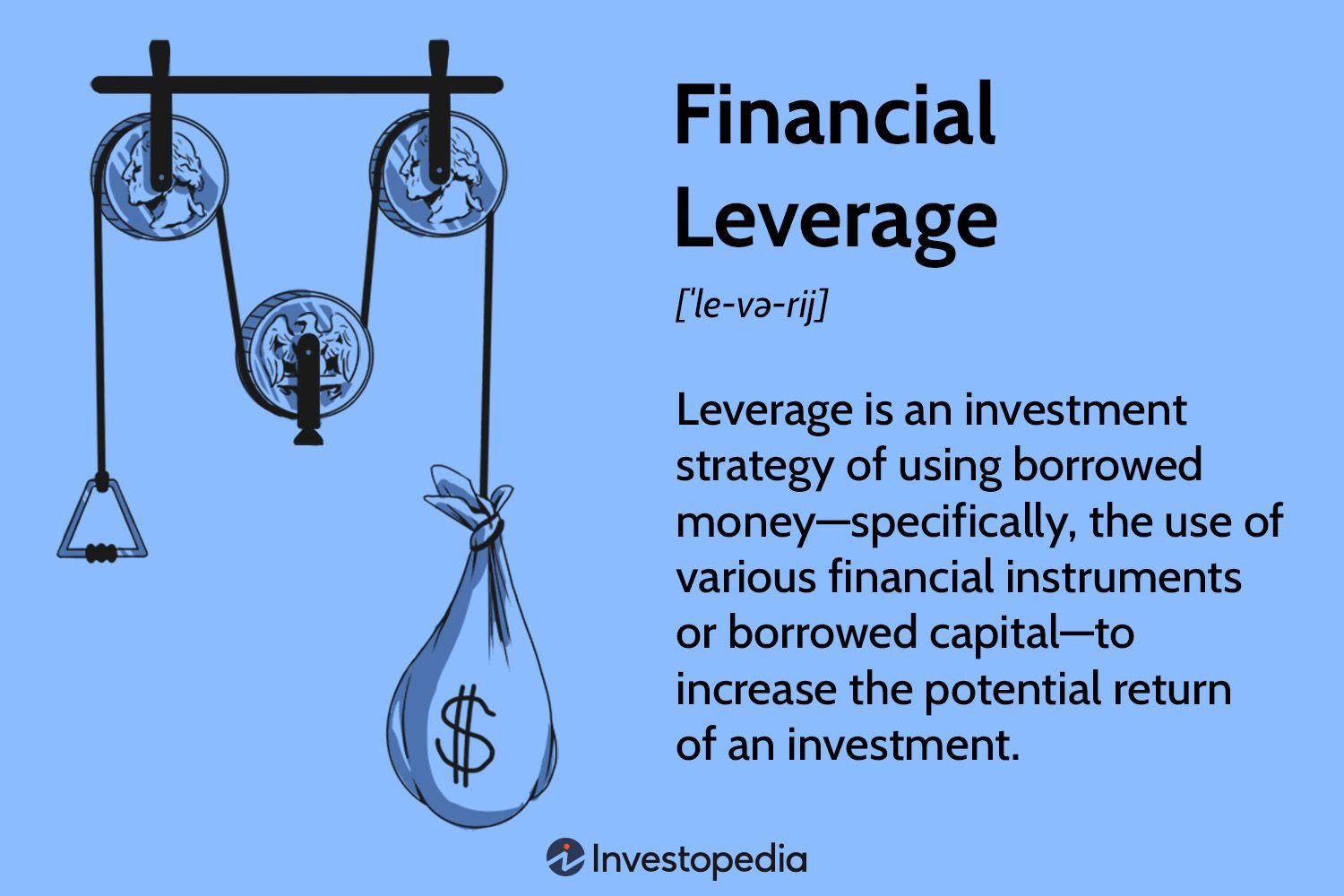Long-distance relationships require effort, trust, and effective communication to make them work. And when it comes to managing finances in a long-distance relationship, it’s no exception. But fret not! In this article, we’ll delve into practical tips and strategies on how to manage finances in a long-distance relationship without added stress or complications. From setting clear financial goals to utilizing technology for budgeting and money transfers, we’ve got you covered. So, let’s dive in and discover how to handle the financial aspect of your long-distance relationship with ease and harmony.
How to Manage Finances in a Long-Distance Relationship
Introduction
In a long-distance relationship, managing finances can be a challenging aspect. From coordinating expenses to maintaining transparency, there are several factors to consider. This article will provide you with useful tips and strategies on how to effectively manage finances in a long-distance relationship, ensuring financial stability and a strong bond with your partner.
1. Communication is Key
When it comes to managing finances in a long-distance relationship, open and honest communication is essential. Here are some key points to keep in mind:
- Discuss your financial goals: Have a conversation with your partner about your financial goals, whether it’s saving for a specific event or being financially independent. Understanding each other’s goals will help you align your efforts and work towards them together.
- Be transparent about your expenses: Share your expenses with your partner, including bills, rent, groceries, and any other financial commitments. Transparency will help in creating an accurate overview of your joint finances.
- Establish a budget: Set a budget that outlines how much each person will contribute towards shared expenses. This will help you plan your finances accordingly and avoid any misunderstandings or financial strain.
- Regularly review your finances: Schedule regular check-ins to review your financial situation, reassess your goals, and make necessary adjustments. This will ensure that you both stay on track and make informed decisions regarding your finances.
2. Utilize Technology
Living apart shouldn’t hinder your ability to manage finances effectively. Leverage technology to simplify and streamline the process:
- Shared expense-tracking apps: There are various expense-tracking apps available that allow you and your partner to track and manage shared expenses. Apps like Splitwise, Venmo, and Honeydue provide features like bill splitting, expense categorization, and payment reminders.
- Online banking and money transfer services: Take advantage of online banking platforms and money transfer services to easily send and receive money. Services like PayPal, Zelle, or direct bank transfers can help you settle shared expenses quickly and securely.
- Virtual budgeting tools: Use virtual budgeting tools like Mint or YNAB to track your expenses, set financial goals, and get insights into your spending habits. These tools can be accessed from anywhere, allowing both partners to stay informed and involved in the financial management process.
3. Establish Joint Accounts
Creating joint accounts can simplify financial management in a long-distance relationship. Here’s what you need to consider:
- Joint bank account: Open a joint bank account where you both contribute a predetermined amount for shared expenses. This account can be used for paying bills, rent, and other joint financial commitments.
- Joint savings account: Alongside a joint checking account, consider opening a joint savings account to save towards common goals. Whether it’s a vacation together or a shared investment, having a joint savings account can help you achieve these goals faster.
- Keep individual accounts: It’s important to maintain individual bank accounts as well for personal expenses and financial autonomy. Balancing joint accounts with individual accounts ensures that both partners have the flexibility and independence they desire.
4. Plan Visits and Finances Together
Visiting each other is an integral part of a long-distance relationship. Here’s how you can plan and manage your finances for these visits:
- Plan ahead: Schedule visits well in advance to get the best deals on flights, accommodation, and activities. Planning ahead allows you to budget for the visit and save accordingly.
- Share travel costs: Discuss and agree on how you will split the costs of transportation, accommodation, and other travel-related expenses. This could involve alternating who pays for flights or splitting the costs evenly.
- Budget for activities: Create a budget for activities and outings during your visit. Consider researching and planning activities together to make the most of your time and money.
- Explore cost-saving options: Look for cost-saving measures such as using travel rewards, booking in advance, or opting for shared accommodations. Finding ways to reduce expenses without compromising on the quality of your visit can positively impact your finances.
5. Financial Independence and Support
While managing joint finances is important, maintaining individual financial independence and supporting each other’s financial goals is equally crucial:
- Encourage personal savings: Motivate and support each other to save separately for personal goals or emergencies. Having individual savings accounts will give both partners a sense of security and autonomy.
- Support career development: Discuss career aspirations and provide emotional and financial support to help each other grow professionally. This may involve finding opportunities, investing in education or skills training, or sharing resources for job hunting.
- Financial surprises: Surprise your partner with small financial gestures like sending them a gift card or paying for a service they need. These surprises not only show your care and support but also help in strengthening trust and emotional connection.
Managing finances in a long-distance relationship requires effective communication, trust, and planning. By openly discussing your financial goals, utilizing technology, creating joint accounts, planning visits together, and supporting each other’s financial independence, you can ensure a financially stable and fulfilling relationship. Remember, the key is to maintain open communication, be transparent, and adapt your financial management approach based on your unique circumstances and goals.
FAQs
Below are some frequently asked questions related to managing finances in a long-distance relationship:
- Q: Should we split all expenses equally in a long-distance relationship?
- A: Splitting expenses equally is one approach, but you can also consider proportional splits based on your respective incomes or a different arrangement that works best for both of you.
- Q: How often should we review our finances in a long-distance relationship?
- A: It is recommended to review your finances together at least once a month. However, you can adjust the frequency based on your specific needs and circumstances.
- Q: What if one partner earns significantly more than the other in a long-distance relationship?
- A: In such cases, you can consider proportionate contributions towards shared expenses or customize your financial arrangement to ensure fairness and a balance that works for both partners.
- Q: Is it necessary to have joint accounts in a long-distance relationship?
- A: Joint accounts can simplify financial management, but they are not a requirement. It ultimately depends on your personal preferences and comfort levels.
6 Tips on Maintaining Long Distance Relationships
Frequently Asked Questions
Frequently Asked Questions (FAQs)
How do I manage finances in a long-distance relationship?
Managing finances in a long-distance relationship can be challenging, but with proper planning and communication, it can be done successfully. Here are some tips:
1. How often should we discuss our finances?
Regularly discussing finances is crucial in a long-distance relationship. Aim for monthly or bi-monthly check-ins to ensure both partners are on the same page.
2. How do we split expenses fairly?
Decide on a fair split that works for both partners. You can divide expenses equally or based on individual income levels. Openly discussing your financial situations can help find the best approach.
3. What tools can we use to track our expenses?
There are various finance-tracking apps available, such as Splitwise, Honeydue, or even shared spreadsheets. Choose a tool that suits both partners’ preferences and allows easy tracking of expenses.
4. How can we save money together?
Set shared financial goals, such as saving for visits or future plans. Create a joint savings account or use apps with saving features to contribute regularly and track progress together.
5. How can we handle different time zones when managing finances?
Find overlapping time slots where you can have uninterrupted discussions about finances. Utilize technology like video calls or scheduling apps to coordinate meetings despite the time difference.
6. Should we consider a shared budget?
Creating a shared budget can be beneficial as it provides a clear overview of income, expenses, and goals. Discuss and agree on budget categories, spending limits, and saving targets to ensure financial harmony.
7. How can we avoid conflicts related to money?
Open and honest communication is key. Discuss financial expectations, be transparent about individual spending habits, and address any concerns promptly to prevent conflicts from arising.
8. What if one partner earns significantly more than the other?
Income disparities can be addressed by adjusting the expense split or finding alternative solutions. For example, the higher-earning partner can cover certain expenses while the other contributes in other ways, such as managing household tasks.
Final Thoughts
Managing finances in a long-distance relationship can be challenging, but with effective communication and planning, it is possible to navigate this aspect successfully. Open and honest discussions about financial goals, budgeting, and expectations are essential. Finding shared financial tools or apps can help track expenses and ensure transparency. It is also important to establish a system for splitting costs and determining who pays for what. Regular check-ins and adjustments to the financial plan are key to maintaining financial harmony. By actively managing finances in a long-distance relationship, couples can build trust and create a solid foundation for their future together.



